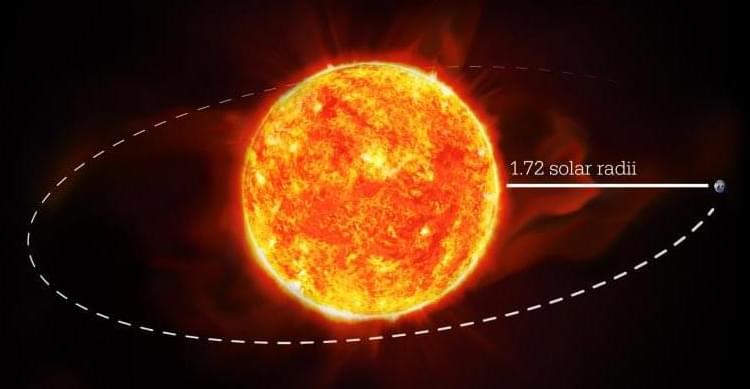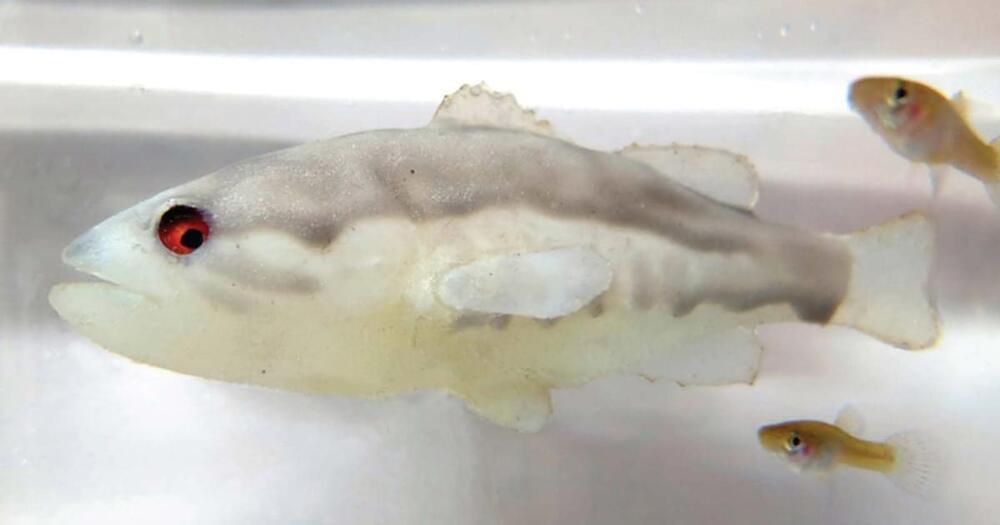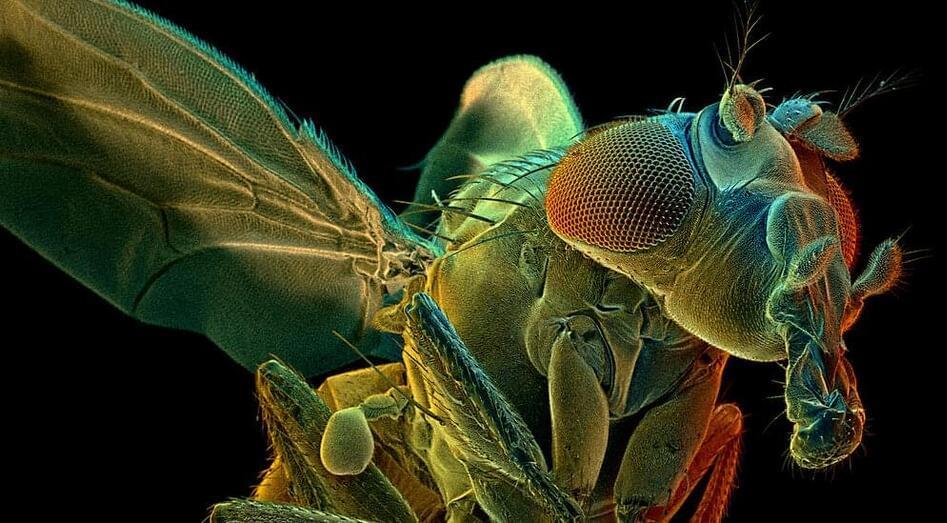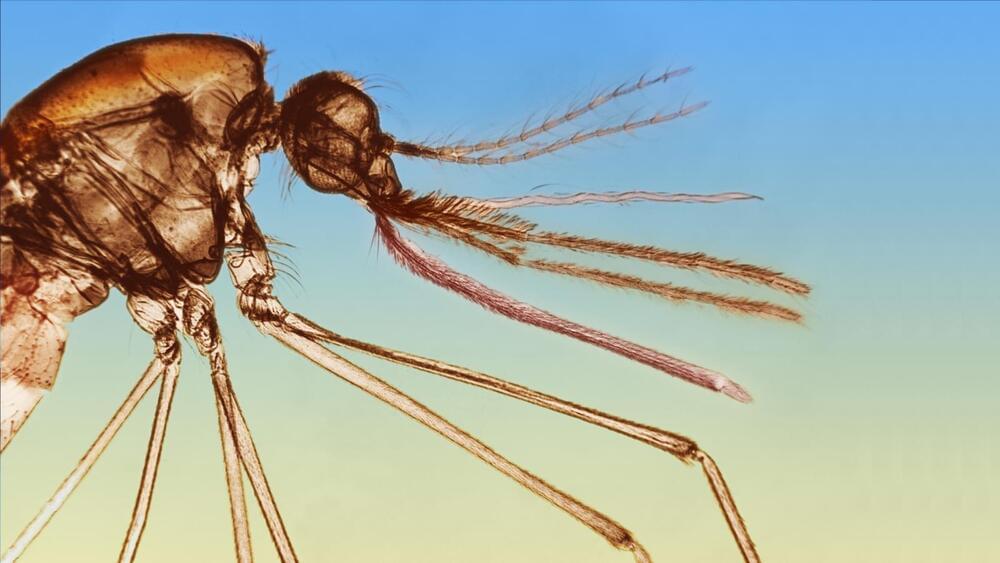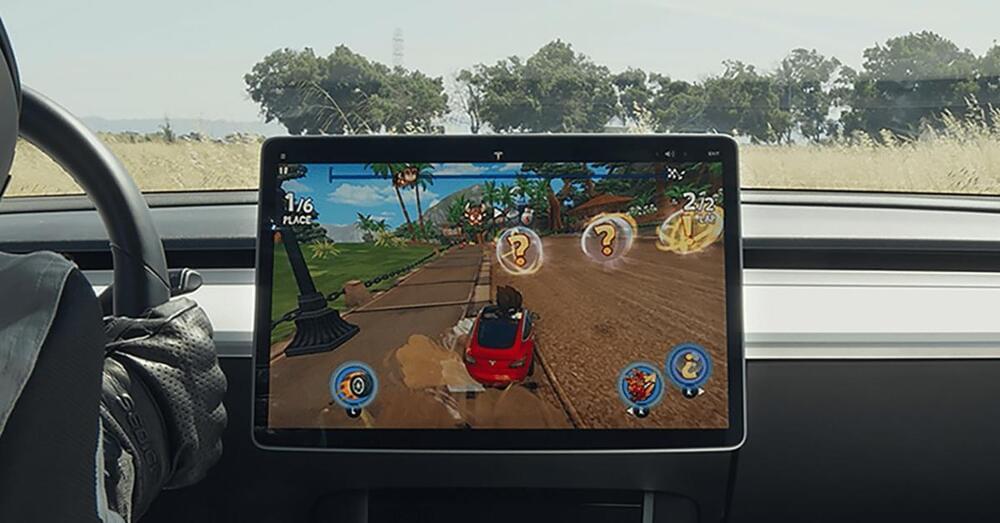Q&A with Akiko Iwasaki, PhD, discussing research her team conducted recently that discovered local vaccines administered with a nasal spray were more effective in protecting mice against influenza than vaccines that are injected into the muscle, the way standard flu shots are done.
A Yale School of Medicine research team led by Akiko Iwasaki, PhD, recently found that local vaccines administered with a nasal spray were more effective in protecting mice against influenza than vaccines that are injected into the muscle, the way standard flu shots are done. Iwasaki, who is Waldemar Von Zedtwitz Professor of Immunobiology and professor of molecular, cellular, and developmental biology and of epidemiology (microbial diseases), discusses her new research, which was published December 10 in Science Immunology.
Akiko Iwasaki: We found that local mucosal immunity that’s established by intranasal vaccination elicits a much more robust and cross reactive, cross protective immunity than a conventional vaccine that uses intramuscular injection. And the way we got to this knowledge is that we were comparing different routes of vaccine administration and found that only after the intranasal vaccination, there are these antibodies that are secreted into the mucosa known as IgA. And this IgA coats the mucus membrane and mucus surface and protects the host by preventing the virus from entering the body. So it’s like putting the guard outside of the door instead of inside the door where antibodies normally work, inside the body.
